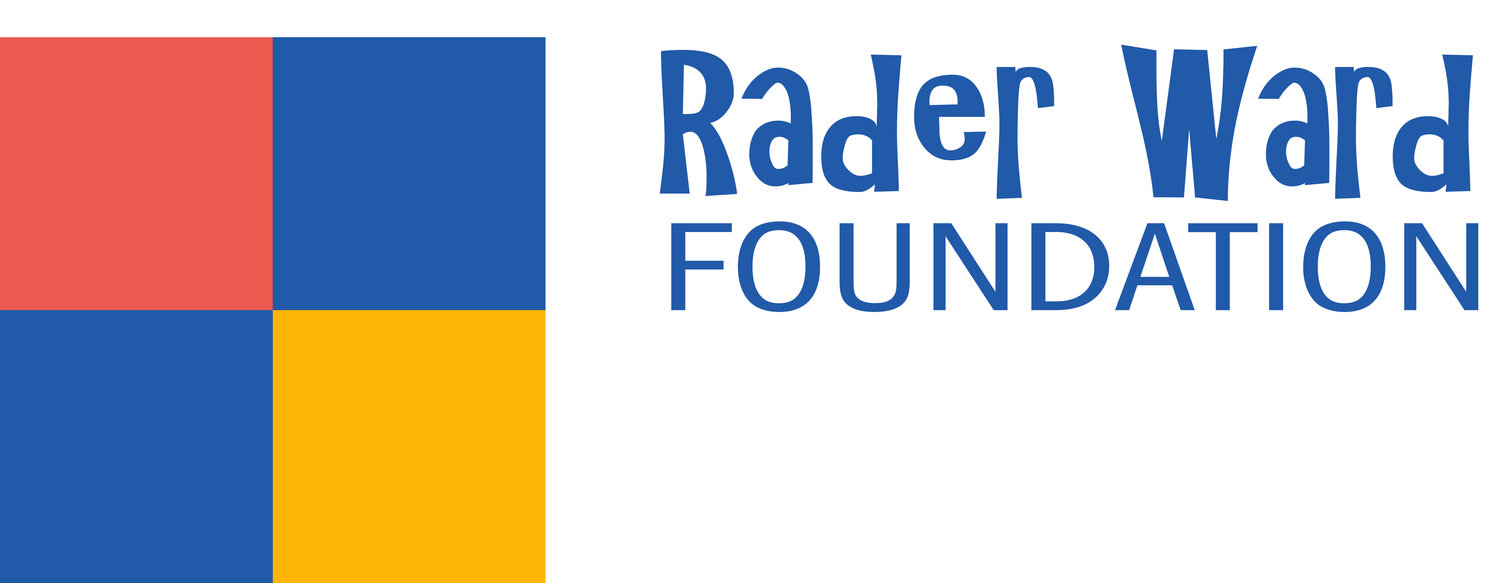This week's writing prompt from Megan Devine (refugeingrief.com) was "whales, oceans, and what we carry." Here are my thoughts on that.
-------
I read the stories of J35 (Tahlequah), the grieving orca who carried her dead calf for 17 days in July and August as she swam with J pod in the Pacific. Seattle Times' environmental reporter Lynda V. Mapes posted daily updates for the first week or so, and occasional ones after that. Of the articles from various sources I read in those first few days, I found Mapes' to be the most interesting and factual, not engaging in sentimental speculation or anthropomorphism, as many other outlets' "fluff pieces" did. She interviewed scientists who study animal behavior, mammals, and orcas specifically. They concurred that J35's behavior was indeed grief-driven, that it wasn't entirely us projecting ourselves onto her actions and interpreting her through a human lens.
Since I am not writing a news story, I feel free to explore the metaphors called forth by the mourning orca. J35 literally carried her loss with her, the body of her dead child. According to the articles, it seemed she had the support of her pod as she continued to grieve in this way.
As a human in modern civilization, I did not have the choice of carrying the body of my dead child. Such things aren't done. I did not even get to see him the night he died. He was alive in the evening when I left, and he was not a couple of hours later when I came back to the flashing lights and activity that felt so incongruous with the utter stillness inside of me at the news of his suicide attempt. (I was not sure he was dead until I was told so after I reached home.) Hours later, someone — the coroner, one of the first responders — encouraged us not to watch as they carried his body out of our house after they had finished their work. First they had tried to save him, then they had done whatever investigation needed to happen, and now it was time to take him away. So, I walked down the street away from the house. I think that's when I called my dad to tell him Rader had taken his life. Slowly all the emergency vehicles cleared out, the neighbors (part of our pod!) went back home, and we were alone. Really truly alone. We only were alone that first night, I'd say from about 11 p.m. to about 7:30 a.m. That's a wild guess. Everything is such a blur. The other members of our pod started to arrive early in the morning, to help us carry what needed to be carried.
A couple of days later, at the funeral home, I was able to see Rader's body, touch his hair and face and hands. He was dressed in the clothes we chose for his cremation. It would not have been proper for me to attempt to pick him up, to carry him, at that time either. Also he weighed about the same as I do, and was taller — in a practical sense, I couldn't have carried him for long.
So if not the body of my child, what is it I carry? I suppose it's the weight of remembering him, seeing to it that he is remembered in this world. And all the contributions he would have made — if the crisis he was in had been survivable — those all are lost and will never be known. So also I carry the weight of doing the good in the world he doesn't get the chance to. I feel the need and desire and motivation to make not just my own contributions, but his. And the weight of my sadness; every day, I carry my sadness like a mantle on my shoulders. It's a garment I can't remove. I couldn't lay it down after 17 days, or 17 weeks. I won't be able to let it go at 17 months or 17 years.
But my loss has transformed me into someone who knows better, now, how to be part of a pod: to be present, to accompany, to support. Not to rush, judge, or abandon. It doesn't help to push someone in grief to "get over it," to "move on." No disapproving observations like "are you still ...?" or "you really should just ..." or "it's time you ...". J pod, they stuck with J35 as long as she carried her calf. They slowed down for her. That's what the pod does.
